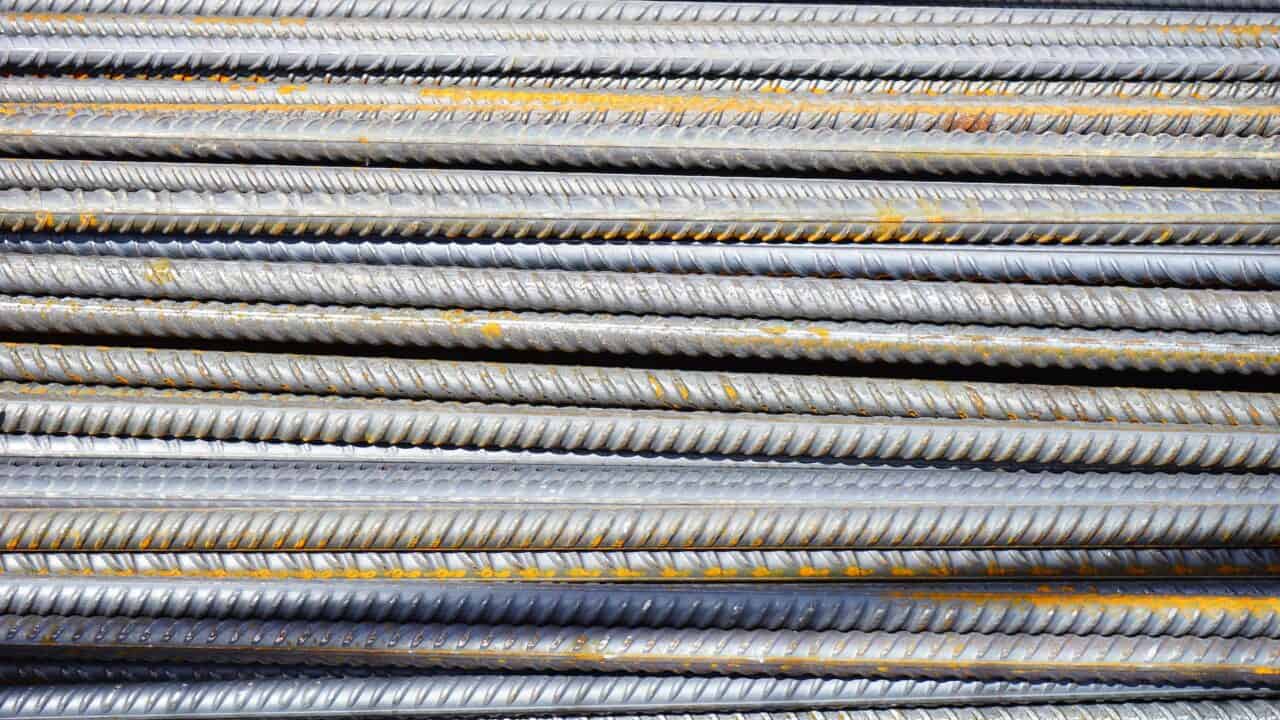 Photo by Pixabay on Pexels: https://bit.ly/3HAUKhF
Photo by Pixabay on Pexels: https://bit.ly/3HAUKhF
The White House has signaled that their Big Labor allies––not the federal body with authority to review the deal––may be the deciding factor in the approval of a major deal between U.S. and Japanese steel companies.
Nippon Steel Corporation (NSC), Japan’s largest steel producer, in December announced plans to acquire U.S. Steel, the second-largest steel producer in the United States. The $14.9 billion deal would allow the combined company to become the third-largest steel producer in the world while maintaining factories and jobs in the United States.
The deal would move the U.S.-Japan alliance’s steel production incrementally closer to that of China Baowu Group, the world’s largest steel producer and a Chinese state-owned firm, which in 2022 produced more than twice as much steel as Nippon Steel and U.S. Steel combined. Though still much smaller than Baowu, the broader economies of scale resulting from U.S. Steel’s acquisition would allow the United States and Japan to compete more effectively against their shared chief geopolitical rival.
The deal could be threatened, however, by labor unions and their allies in the White House.
Upon the announcement of the acquisition plans, the United Steelworkers (USW) issued a statement “slamming” the deal and “strongly [urging] government regulators to carefully scrutinize this acquisition.” USW’s pushback on the deal comes despite guarantees by Nippon Steel and U.S. Steel that “[a]ll of U.S. Steel’s commitments with its employees, including all collective bargaining agreements in place with its unions, will be honored and NSC is committed to maintaining these relationships uninterrupted.”
Three days after USW’s initial statement, National Economic Advisor Lael Brainard released a statement of her own, arguing that the deal deserves “serious scrutiny” and praising USW as “an example of why union leadership is critical.” Deputy Treasury Secretary Wally Adeyemo doubled down on the Biden administration’s focus on Big Labor interests last week, saying the administration wants to see “more companies like U.S. Steel in the United States that have union workers.”
Certain transactions involving foreign companies must obtain approval from the Committee on Foreign Investment in the United States (CFIUS)to ensure that the transaction does not threaten U.S. national security interests. The Nippon-U.S. Steel deal will face a review by CFIUS, which reportedly could take longer than expected as the administration aims to show they are applying the “serious scrutiny” they promised to the union.
Big Labor appears to be wielding its outsized influence with the Biden administration to throw sand in the gears of the Nippon Steel deal’s review. On Friday, Bloomberg reported that Biden’s economic aides are signaling that USW could have final say over whether the deal goes through.
The Biden administration should follow the appropriate steps to review the acquisition of U.S. Steel under the law––not allow Big Labor’s influence to block or slow-walk the process at the expense of national security.

